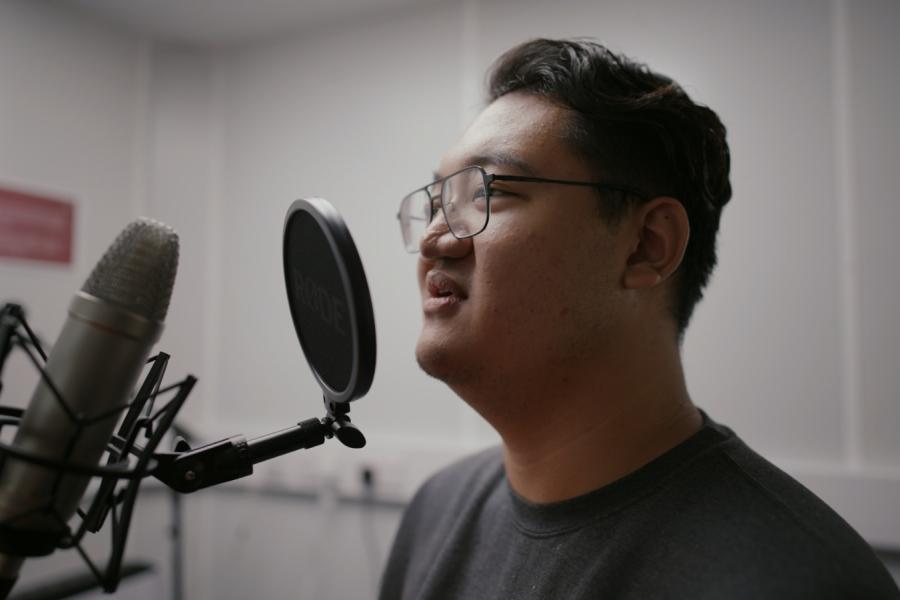About This Course
Bangor University’s MSc in Language Acquisition and Development will develop your understanding of how language is acquired in childhood and how it changes as we age. You will gain the theoretical and practical skills to examine language development in children and adults, including in multilingual people and those with acquired and developmental conditions, such as dementia or Down syndrome. The course includes case studies from a range of languages and welcomes students from the UK and across the world.
The programme will make you highly employable in a range of sectors in the UK and internationally, including: education, health and social care, community and charity work, academia.
You will have access to state-of-the-art learning facilities and the opportunity to contribute to cutting edge research, for example by joining Bangor’s Child Bilingualism Lab, whose research has made a positive difference to many people’s lives. Examples of recent research include:
- The first study of bilingualism in individuals with Down syndrome in the UK
- The first study of bilingualism in individuals with a dual diagnosis of Down syndrome and autism in the world
In addition to our strong research culture, smaller class sizes and a strong community mean that you can receive greater support. You build up close working relationships with leading experts in the field in order to develop your own innovative research.
Course Content
What will you study on this course?
You will learn in detail how children and adults acquire language, and gain the practical skills needed to assess language development. You will also learn about the barriers faced by those with developmental conditions and what we as a society can do to overcome them.
Following teaching in small groups, you will complete an individual research dissertation on a topic of your choice, for which you will receive personalised supervision. For example, recent students have completed ground-breaking research on early years and bilingual education in the UK and elsewhere, on language in multilinguals with dementia, Arabic-speaking autistic children, genetic syndromes.
Students on our Language Acquisition and Development MSc can use state-of-the-art learning facilities and equipment, such as standardised psychometric /language tests, a professional grade sound / recording studio and speech laboratory, and a wide range of specialised software tools.
Modules for the current academic year
Module listings are for guide purposes only and are subject to change. Find out what our students are currently studying on the Language Acquisition and Development MSc Modules page.
Course content is for guidance purposes only and may be subject to change.
Entry Requirements
A 2.ii undergraduate degree or equivalent in linguistics or a related area (e.g. Modern Languages, Translation, Psychology, English Language/Literature, English Education/English Language education).
Applicants with equivalent qualifications or experience and applications from working professionals with non-graduate qualifications will be considered on an individual basis. Please contact us for more information.
For students whose first language is not English an IELTS score of at least 6.0 (with no element below 5.5) is required.
Careers
Taking the MSc Language Acquisition and development will prepare you for numerous career paths.
Your new skills will be invaluable in careers including:
- Teaching (primary school, secondary school, further, higher and adult education)
- Health and care sectors
- Community work (e.g. related to language engagement)
- The charity sector
- Media
- Civil service
After the completion of a degree in MSc Language Acquisition and Development, you will also have honed the abilities needed to undertake further research, either in the public/private sector, or through pursuing a PhD in Linguistics, Education, Psychology, or a related subject.


